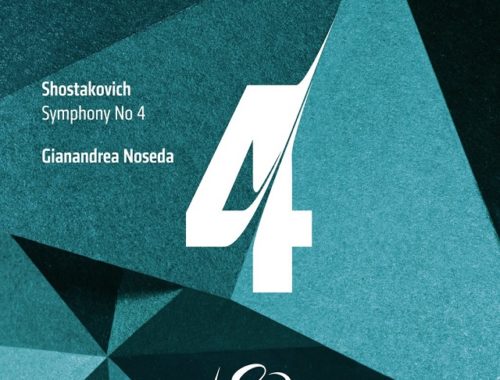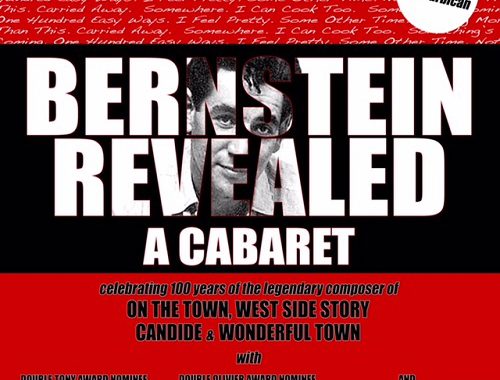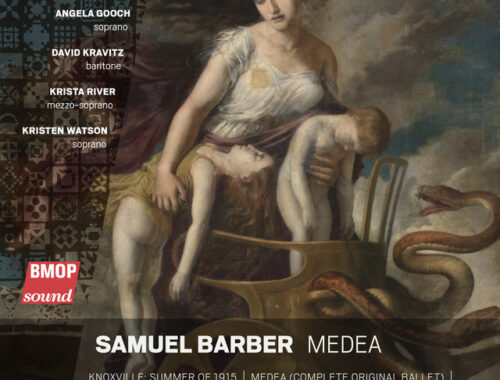Don Giovanni, English National Opera
In one respect at least Rufus Norris’ new ENO production of Don Giovanni might truthfully be described as electrifying. They are tinkering with the circuits before a single note has been sounded. “They” are the Don’s devilish alter egos; the object of their attention suggests a gigantic crown of thorns. Irreligious? Certainly. Sacrilegious? Perhaps. Sparks will fly, lightening will strike, the Commendatore will be reanimated Frankenstein-like, and the end will surely be shocking – in the most literal sense. But does all this amount to more than an unpredictable power-surge?
The overture suggested we’d experienced an unexpected power-cut. Fuzzy around the edges, poorly articulated, lacking incisiveness and drive, Kirill Karabits’ conducting was at once the very antithesis of everything Norris clearly wanted to achieve with the staging – specifically a sense of the opera’s reckless drive: a hectic and hallucinatory dark night of the soul played out in an impenetrable black space. Designer Ian MacNeil presents us with ugly and distressed snapshots of urban decay whizzing us from one location to the next with pieces of scenery manhandled by those masked devils in Jesus T-shirts.
All of which effectively highlights the moments of stasis: Robert Murray’s tenderly reflective rendition of Don Ottavio’s substituted act one aria “Dalla sua pace”, translated here as “When she is happy”, delivered holding a heart-shaped balloon while myriad couples emerge slow-dancing from the shadows; or Donna Elvira’s eleventh hour “Mi tradi” which so clearly becomes an anthem on behalf of abandoned and abused women everywhere. Sarah Redgwick, a late but confidant substitution for the indisposed Rebecca Evans, had the look and the breathiness of Judy Garland here but generally sang with real incisiveness. Katherine Broderick’s Donna Anna (with a neat line in Irish dancing) needs to work on keeping the voice focused but there’s plenty of it. And Sarah Tynan was a delectable Zerlina.
Most of the jokes arrived courtesy of Jeremy Sams’ wilfully wacky translation. Leporello’s “catalogue” was now a spreadsheet with Brindley Sherratt much encouraged by the rise, so to speak, in Iain Paterson’s shagging statistics. Paterson was a blokish beery Don for whom Cupid’s arrows would have nothing on a double-top.
But did this most grubby and urban of stagings generate the requisite electricity? Or was the wiring faulty? A bit of both, I’d say.


